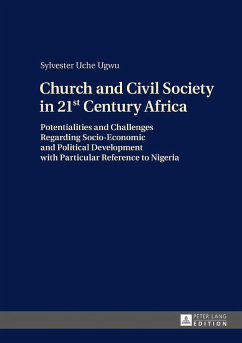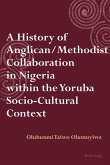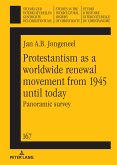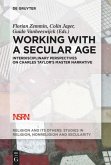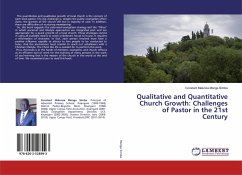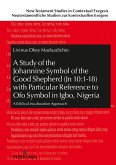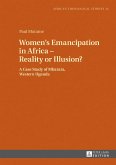In view of the unprecedented level of socioeconomic and political underdevelopment plaguing the African continent, there remains one key area in the polity with great potentials which remains largely untapped: civil society. What can it contribute to the alleviation of the burden of underdevelopment in Africa? What is the place of the Church in civil society, particularly in Nigeria? Can there be a sustainable cooperation between the Church and other civic groups in the country for the purpose of development? Using mainly literature-based methods, this work seeks to dig into the understanding of civil society from the ancient Aristotelian «polis» to its 21st century African idea. It discusses the place of the Church in relation to the social question. Some of the vital areas of the Church's civil societal involvement ad intra and with other civil groups are examined, using the Caritas' structural principle of approach. Some major challenges hindering the vital input of the two institutions towards sustainable socioeconomic and political development are x-rayed. It extensively exposes the immense potentials for development through the cooperation between the two institutions. Conversely, some enormous challenges facing civil societal cooperation for development are discussed. Finally, research goes on to put forward some vital insights, ideas and suggestions for the fruitful cooperation towards the realization of the potentials for national development.
Bitte wählen Sie Ihr Anliegen aus.
Rechnungen
Retourenschein anfordern
Bestellstatus
Storno

